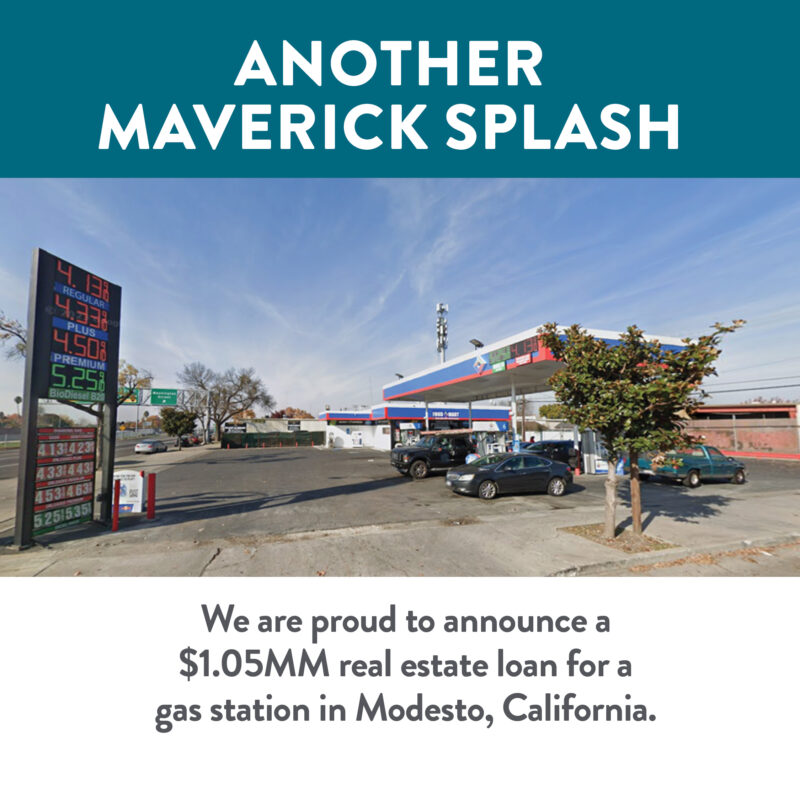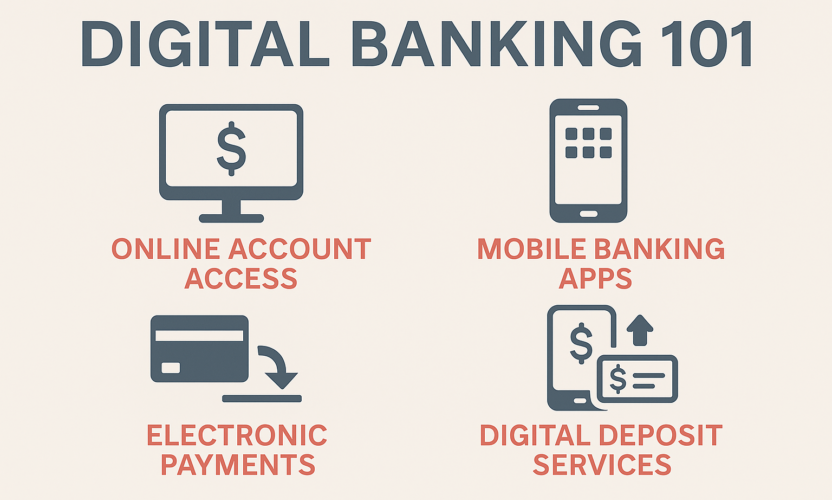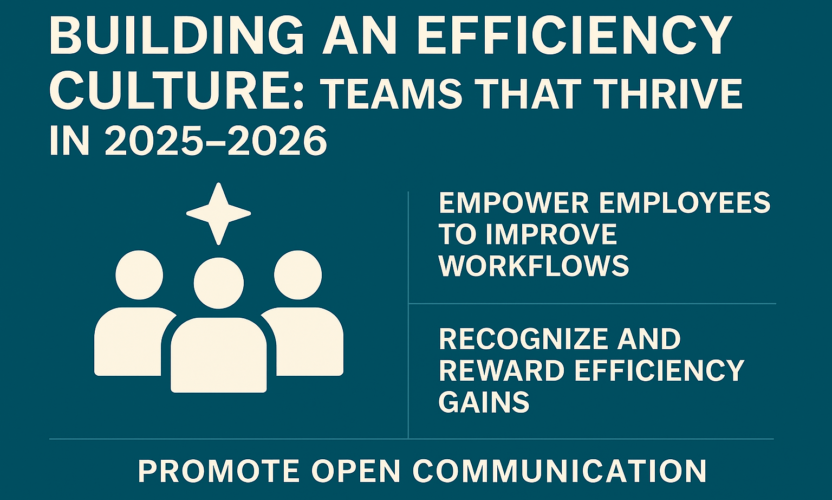4.22.24 - 4 Principles of Gas Station Lending
04.22.2024
By Shawn McKenna
The gas station industry continues to be an important part of the nation’s infrastructure. Over the years, the industry has continued to evolve with expanded convenience stores, the addition of alternative fuels, in-house quick service restaurants and electric charging stations. The gas station industry can be a high risk-high reward profession. Gas Station operators need to possess the skills of being detail oriented and yet have a long-term vision for success. Often, Banks and Operators can form excellent partnerships to overcome challenges and promote growth.
The purpose of this article is to describe four factors which lenders consider when evaluating gas station financing.
The Operator
Any gas station business will only be successful with the guidance and experience of its operator. The ability to navigate changing consumer tastes for c-store products, corporate branding financial responsibilities, and appropriate pricing can be the difference between a profitable or unprofitable operation. An operator’s experience can also play a significant role when considering whether to operate as a branded or unbranded gas station as the attention required to keep an unbranded site fully fueled while keeping costs down can be challenging for individuals just starting out in the business. As an operator’s profitability grows, the idea of expansion and owning multiple sites can become more of a reality. Growing a gas station portfolio can be a sign of a strong operator as owning multiple sites requires an increased workforce, good on-site or general management and proper accounting. Often, multiple site operators provide the most attractive lending opportunities.
Location
As with any type of real estate, location matters. Lenders will often look at aspects of the gas station site’s location such as whether the gas station site is in a metro or more rural area. Gas station sites located on main thoroughfares or near a highway may experience more foot and vehicle traffic. However, those sites can also be subject to increased competition in the area. Gas Station sites located in a more suburban or rural area can also be valuable if other fueling options are limited. A corporate branded site may carry enough name recognition for motorists to visit or, for unbranded sites, there may be additional factors that make the site desirable to consumers such as a car wash, expanded c-store or automobile service center.
Profitability
Clearly, the profitability of a gas station site is important for lenders when making credit decisions. However, profitability can be only one factor that can help a lender make a positive lending decision. Having a good historical period of profitability is a great sign the operations of the business are in line. Inconsistent or only recently profitable sites can lead the lender to question whether the site can be successful overall. Reviewing gasoline, c-store and car wash margins are important aspects of gas station lending as well. Having a gas station site that performs within industry standards for these factors can help to support the historical results or, if not, point to other potential risks in one or more aspects of the operations. A review of an operating entities’ balance sheet is also important to evaluate the operation of a gas station business. Having sufficient cash reserves is a good indicator of prior performance and gives the
operating entity the ability to weather any downturns. Also evaluating whether an entity has excessive debt or obligations can be an indication of whether there is sufficient cash flow.
Environmental Issues
Any contamination or pollution incidents can cause issues for gas station operators both financially and reputationally. Lenders are concerned about these possibilities and usually have an environmental professional perform a site inspection for any pending transaction. Any historical contamination, ongoing or not, will be reviewed to understand the cause and what is currently happening regarding any remediation. It is important to understand who the responsible party is for any cleanup of past issues that may be ongoing. To help protect against future issues, a lender will look for a site with proper equipment, all current and up to date testing has passed with no past-due action required and no operating violations with the local and state agencies.




